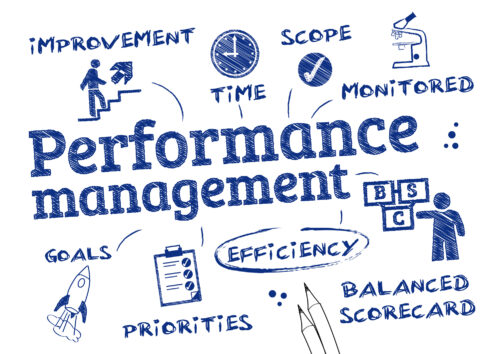In the healthcare industry, effective insurance billing is fundamental for financial stability and growth. Properly managing this process can substantially boost revenue, decrease claim denials, and ensure consistent cash flow. Here are some advanced strategies to refine your insurance billing process and enhance revenue.
1. Rigorous Verification of Patient Insurance
Before delivering any service, it’s essential to conduct a comprehensive verification of the patient’s insurance benefits. This includes:
- Eligibility Confirmation: Verify that the patient’s insurance is active.
- Detailed Coverage Analysis: Identify covered services, including limitations and exclusions.
- Co-pays and Deductibles Assessment: Determine the patient’s financial responsibilities upfront.
By thoroughly verifying these aspects, you can prevent unexpected denials and ensure that both you and your patients are well-informed about any out-of-pocket expenses.
2. Precise and Comprehensive Documentation
Accurate documentation is crucial for successful insurance billing. Ensure that all patient encounters, diagnoses, and treatments are meticulously documented. This involves:
- Accurate Coding: Apply correct CPT (Current Procedural Terminology) and ICD-10 (International Classification of Diseases) codes to represent the services provided and diagnoses.
- Detailed Clinical Notes: Detailed notes support the necessity of services and validate the codes used.
Precise documentation not only facilitates smoother claims processing but also safeguards your practice during audits.
3. Optimized Claim Submission Process
Efficiency and precision in claim submission are key. Implement the following best practices:
- Electronic Claims Submission: Utilize electronic submission to expedite the process and minimize errors.
- Batch Processing: Submit claims in batches to streamline the workflow and ensure regular revenue inflows.
- Error-Free Claims: Ensure that claims are thoroughly checked for errors before submission, including patient information, codes, and modifiers.
An optimized claim submission process minimizes delays and reduces the risk of rejections and denials.
4. Strategic Denial Management
Although claim denials are inevitable, effective handling can significantly impact revenue recovery. Develop a strategic denial management plan:
- Pattern Identification: Regularly review denials to identify common causes and address them.
- Prompt Appeals: Quickly respond to denied claims with the necessary documentation and corrections.
- Ongoing Staff Training: Continuously educate your billing staff on the latest billing guidelines and denial management techniques.
Strategic denial management helps reclaim revenue that might otherwise be lost.
5. Integrating Advanced Technology and Services
Investing in advanced technology and services can greatly enhance billing efficiency:
- Comprehensive Practice Management Software: Use software that integrates scheduling, billing, and patient records to streamline operations.
- Professional Billing Services: Consider outsourcing to companies with specialized staff to maximize efficiency.
- Automated Insurance Verification Tools: Implement tools to automate verification, reduce errors, and free up staff time.
- Automated Collections Systems: Use automated systems to minimize manual errors and accelerate the collections process.
- Analytics Tools: Leverage analytics to monitor billing performance, identify trends, and make informed decisions.
Advanced technology can save time, reduce errors, and ultimately increase revenue.
6. Continuous Staff Training and Professional Development
Your billing staff is integral to revenue management. Regular training ensures they are current with:
- Insurance Guidelines: Stay updated on changes in insurance policies and billing codes.
- Software Skills: Ensure staff are proficient in using billing software and technology.
- Customer Service Skills: Equip staff with the skills to effectively communicate with patients regarding their insurance and billing inquiries.
Well-trained staff can efficiently manage the complexities of insurance billing, leading to increased revenue.
7. Educating Patients
Informed patients are more likely to understand their financial responsibilities and cooperate with billing processes. Provide clear information on:
- Insurance Policies: Help patients comprehend their insurance coverage, co-pays, and deductibles.
- Billing Procedures: Explain your practice’s billing process and available payment plans.
- Out-of-Pocket Costs: Be transparent about any costs not covered by insurance to prevent surprises.
Patient education fosters trust and encourages timely payments, reducing billing disputes.
Enhancing revenue through advanced insurance billing practices requires a combination of meticulous documentation, efficient processes, strategic denial management, and the right technology. By implementing these strategies, healthcare practices can refine their billing operations, reduce claim denials, and ensure a steady and increased revenue stream.

















